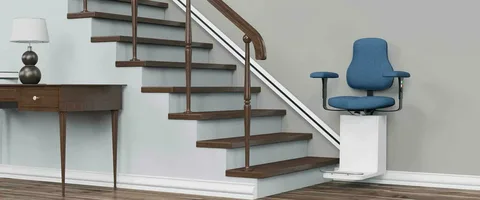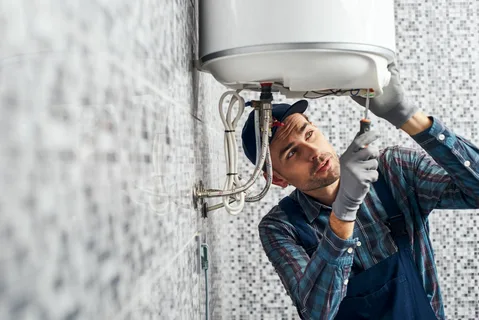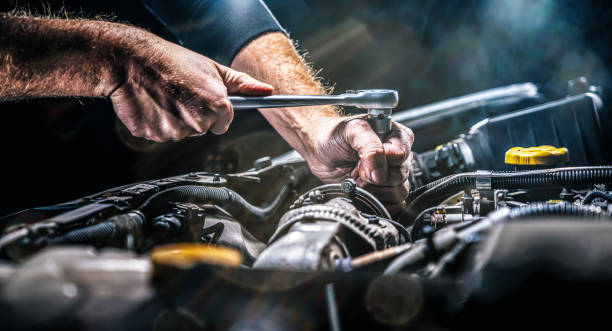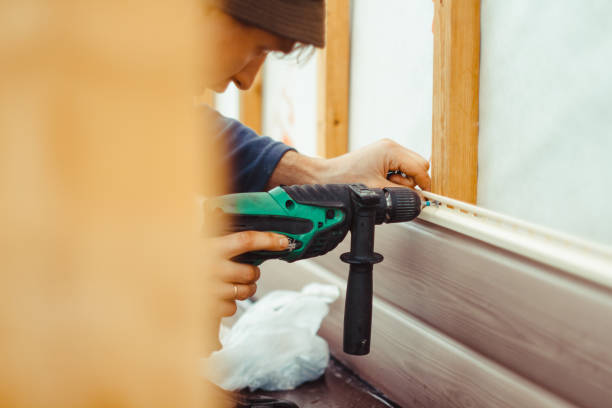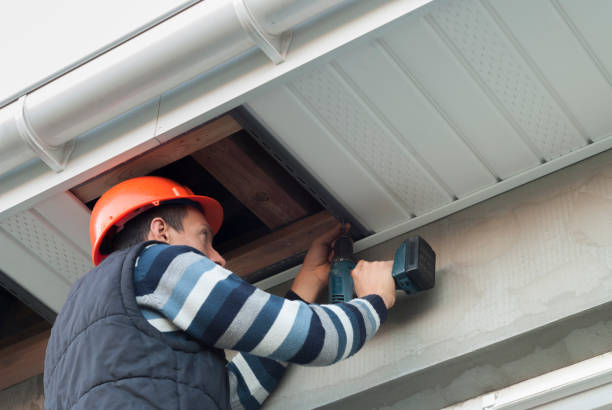Energy Efficiency Audits: Optimize Your Home for Maximum Savings
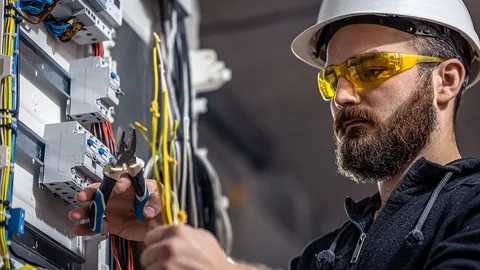
Energy efficiency audits are a smart way to reduce energy waste, lower utility bills, and create a more sustainable home. A professional energy efficiency audit evaluates how energy is used in your home, identifying areas where improvements can be made. Whether you want to cut costs, reduce your environmental impact, or enhance comfort, an audit is the first step toward a more efficient home.
In addition to energy audits, working with a skilled electrician ensures that your home’s electrical systems are operating efficiently and safely. An electrician can upgrade outdated wiring, install energy-efficient lighting, and optimize your electrical panel to support modern appliances, all of which contribute to a more energy-efficient home.
What is an Energy Efficiency Audit?
An energy efficiency audit is a comprehensive assessment of your home’s energy use. Experts inspect insulation, heating and cooling systems, lighting, appliances, and more to determine where energy is being wasted. By pinpointing inefficiencies, homeowners can take targeted actions to improve performance and save money.
Benefits of an Energy Efficiency Audit
1. Lower Energy Bills
An audit helps identify ways to cut energy waste, leading to lower monthly electricity and gas bills. Simple changes, like upgrading insulation or sealing air leaks, can significantly reduce energy consumption.
2. Increased Home Comfort
Improving energy efficiency enhances indoor comfort by maintaining consistent temperatures, reducing drafts, and improving air quality.
3. Environmental Impact
Using less energy means reducing your carbon footprint. An audit helps homeowners adopt eco-friendly practices that benefit both their wallets and the planet.
4. Better Appliance Performance
Outdated or inefficient appliances can drive up energy costs. An audit can identify the need for upgrades, such as switching to ENERGY STAR®-rated appliances that consume less power.
5. Higher Property Value
Homes with high energy efficiency ratings are more attractive to buyers. Making improvements based on an energy audit can increase resale value.
How an Energy Efficiency Audit Works
1. Inspection and Evaluation
A professional auditor assesses your home’s insulation, windows, doors, HVAC system, and electrical appliances to identify energy leaks and inefficiencies.
2. Blower Door and Thermal Imaging Tests
Specialized tools, such as blower door tests and thermal imaging cameras, detect air leaks and insulation gaps that may not be visible to the naked eye.
3. Energy Consumption Analysis
Your home's energy usage patterns are analyzed to pinpoint areas where energy savings can be achieved.
4. Recommendations for Improvement
The auditor provides a detailed report with recommendations, including insulation upgrades, window replacements, HVAC maintenance, and energy-efficient lighting solutions.
Common Energy-Saving Solutions
Sealing Air Leaks: Prevents energy loss through doors, windows, and vents.
Upgrading Insulation: Reduces heat loss, improving temperature control.
Installing Smart Thermostats: Optimizes heating and cooling efficiency.
Switching to LED Lighting: Lowers energy consumption compared to traditional bulbs.
Upgrading HVAC Systems: Ensures efficient heating and cooling with regular maintenance.
Why Hire a Professional for an Energy Efficiency Audit?
While homeowners can perform basic energy assessments, a professional audit provides in-depth analysis using advanced tools and expertise. Professionals:
Detect hidden energy losses.
Offer personalized recommendations.
Ensure compliance with energy efficiency standards.
Final Thoughts
An energy efficiency audit is a valuable investment for homeowners looking to cut costs, improve comfort, and reduce environmental impact. With expert insights and actionable recommendations, you can optimize your home’s energy use effectively. For a professional energy efficiency audit and personalized solutions, trust Longhorn Home Services to help you achieve maximum savings.
Frequently Asked Questions
1. How long does an energy efficiency audit take?
A typical audit takes 1 to 3 hours, depending on the size of your home and the depth of analysis required.
2. How much can I save after an energy audit?
Savings vary, but homeowners can reduce energy bills by 10–30% by implementing recommended changes.
3. Can I do an energy audit myself?
While you can check for drafts and insulation issues, a professional audit provides more accurate and detailed insights.
4. Is an energy efficiency audit worth it?
Yes, the upfront cost of an audit often pays for itself in energy savings over time.
5. How often should I get an energy audit?
It’s recommended to get an audit every few years or before making major home upgrades.
Note: IndiBlogHub features both user-submitted and editorial content. We do not verify third-party contributions. Read our Disclaimer and Privacy Policyfor details.



